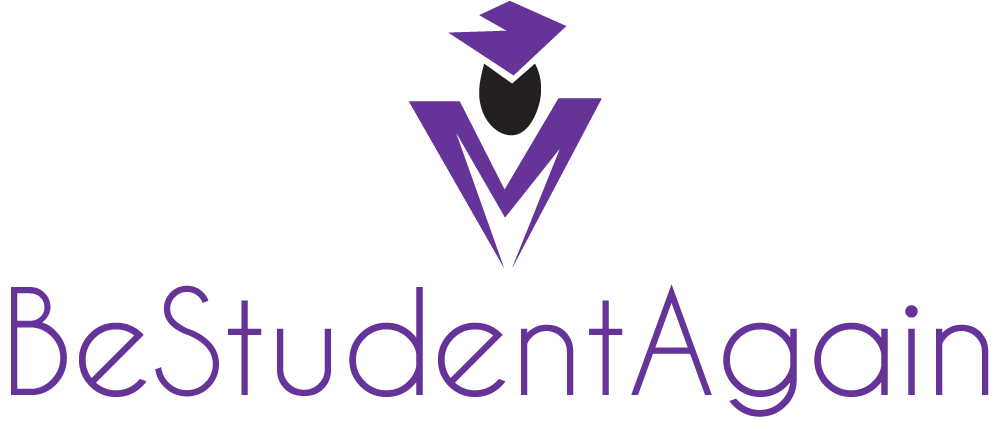L’orientation est une étape primordiale dans la vie d’un étudiant, car elle détermine sa future carrière et son avenir professionnel. Quels éléments faut-il prendre en compte pour bien choisir ?
Reconnaissance de la formation
La reconnaissance du diplôme se fait par les instances étatiques ou académiques nationales et internationales. En plus des professionnels qui acceptent le diplôme, l’accréditation ou le titre. Cette reconnaissance signifie que l’étudiant a reçu une formation de qualité et que les compétences et le savoir acquis sont de haut niveau ce qui assure une meilleure intégration au marché du travail.
Quels débouchés ?
Il est primordial de se renseigner sur l’insertion des anciens lauréats, ainsi que les débouchés offerts par les différents secteurs d’activité. Pour obtenir de telles informations, il serait judicieux de se renseigner auprès des réseaux des anciens étudiants.
Définition d’un projet professionnel
Cette étape est cruciale pour ne pas s’inscrire à une formation qui ne correspond pas à ses envies. Il faut prendre son temps pour bien murir son choix de projet professionnel. Pour commencer, il convient de déterminer le secteur, mais aussi le poste désiré. Un test d’orientation peut-être d’une grande aide afin de décider de la spécialité ou du parcours à suivre.
Connaissance de la plus-value du diplôme
Suivre une formation doit être cohérent avec son projet professionnel et le parcours entamé jusque-là. Elle doit permettre d’acquérir ou de développer les compétences nécessaires pour entamer une future carrière. Elle doit être en accord avec ses acquis précédents et son objectif. De même qu’elle doit avoir de l’avenir.
Formation professionnalisante ou pas ?
Pour un étudiant souhaitant une insertion professionnelle efficace et rapide, il doit s’assurer que la formation qu’il va suivre comporte des périodes de stage. Il doit vérifier s’il s’agit d’une alternance ou d’un stage régulier. En plus de s’informer de la durée du stage et sa périodicité.
Vérification de l’environnement de l’école
Le choix d’une école ou d’une université doit tenir compte de la situation géographique de l’établissement et de sa facilité d’accès. Il importe que l’étudiant évolue dans un cadre agréable avec tous les moyens et les équipements facilitant son éducation.
Déroulement de l’admission
Certaines formations sont sélectives et dans ce cas de figure, l’étudiant doit s’assurer qu’il dispose du parcours adéquat permettant son admission. Dans certains cas une période de rattrapage intensif peut être proposée, alors que des établissements peuvent prévoir un concours ou un test de sélection en plus d’un entretien qu’il convient de préparer à l’avance.
Coût de la formation
C’est un élément déterminant dans le choix d’un établissement ou d’une formation. En effet il faut disposer des ressources financières suffisantes pour financer ses études. Il faut aussi se renseigner sur les aides ou les bourses accordées, ainsi que la possibilité de profiter de l’alternance pour le financement de ses études.






